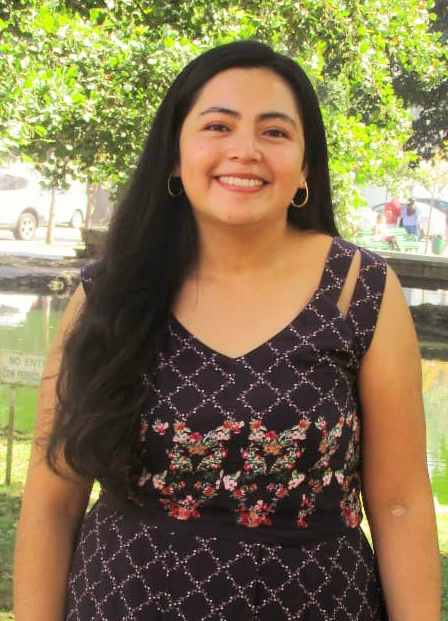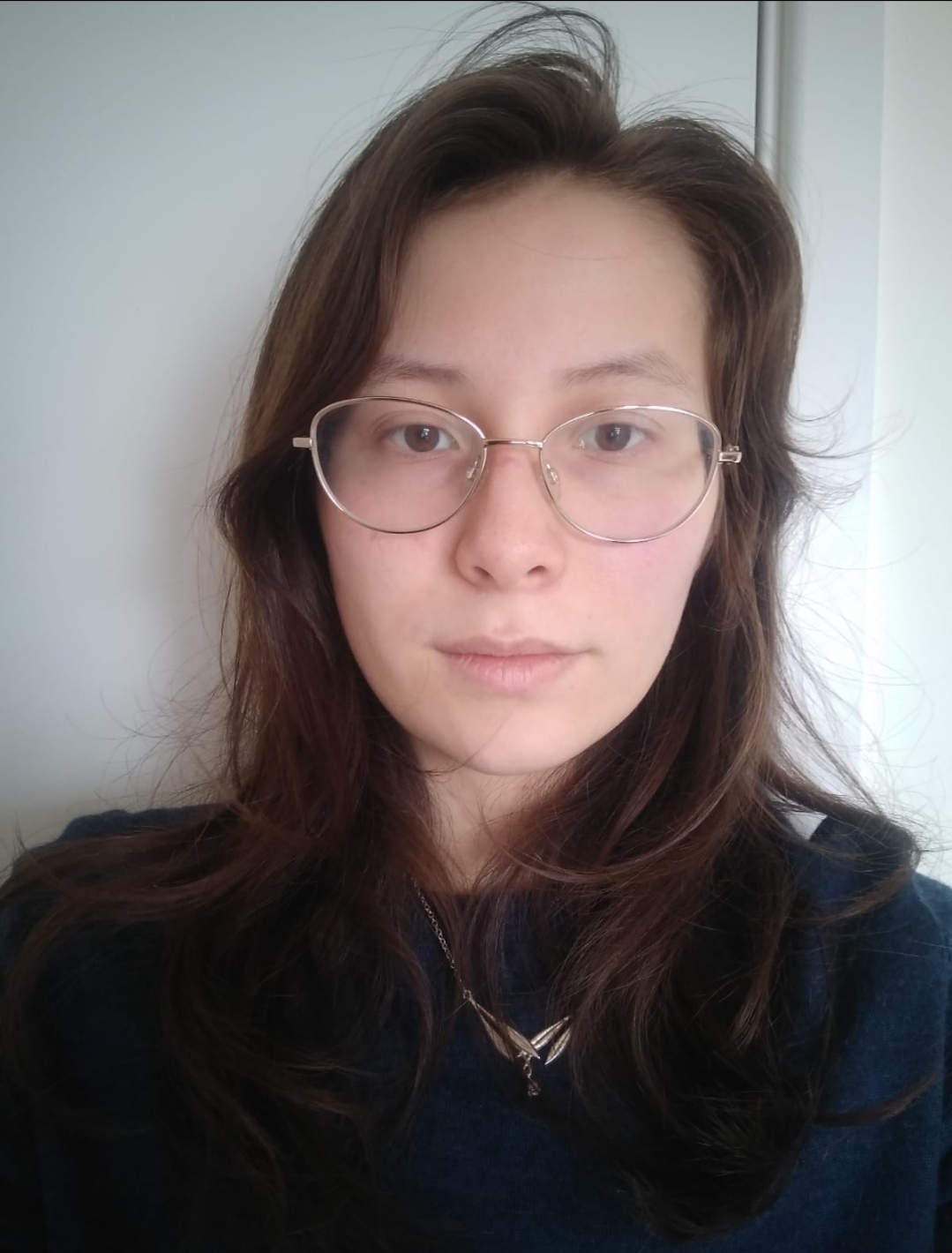Planet Formation at MSSL/UCL
Members
Research Group Members
 Juanita Antilen, PhD Student, 2023-2027 Juanita's PhD project focuses on the physical mechanisms that rule the evolution of protoplanetary disks by combining observations from VLT/SPHERE (e.g. from the DESTINYS survey) and ALMA. We aim to search for observational trends from scattered light observations as the ones obtained from millimeter observations (such as the disk size-luminosity relation and the disk dust mass and stellar mass relation). For this purpose, we compare our observational results to radiative transfer models accross a large range of parameters. Additionally, this unique combination of observations is giving us the opportunity to constrain the dust vertical turbulence in protoplanetary disks, which can be a key parameter for the formation of pebbles and planetesimals in disks. |
 Lilian Luo, PhD Student, 2023-2027 Lilian's PhD project focuses on performing chemical models together with hydrodynamical and dust evolution models of protoplanetary disks. We aim to understand what are the unique chemical signatures of different origins of substructures in protoplanetary disks (such as planets vs. hydrodynamical instabilities). Lilian works with several ALMA observations that are publicly available to test her models. |
Other members
Wing Siu (master student, UCL), Oct. 2022-Aug. 2023.Wali Butt (master student, UCL), Oct. 2022-Aug. 2023.
Opportunities
If you are looking for PhD opportunities in our group, visit our MSSL webpage. Please do not hesitate to contact me if you have any questions.
I will open in Autumn 2023, three post-doctoral positions founded by the UK Research and Innovation (UKRI) under the UK government’s Horizon Europe funding guarantee from ERC (succesful ERC starting grant). Please contact me if you are interested.
Additionally, there are different fellowships to support independent post-doctoral research in the UK, including funding from UKRI , the Royal Society , the Royal Astronomical Society , the Winton Fellowship , the Stephen Howking Fellowship , the 1851 Research Fellowships , and the Leverhulme Early Career Fellowship . If you are interested in applying to any of these and work in our work, please contact me.